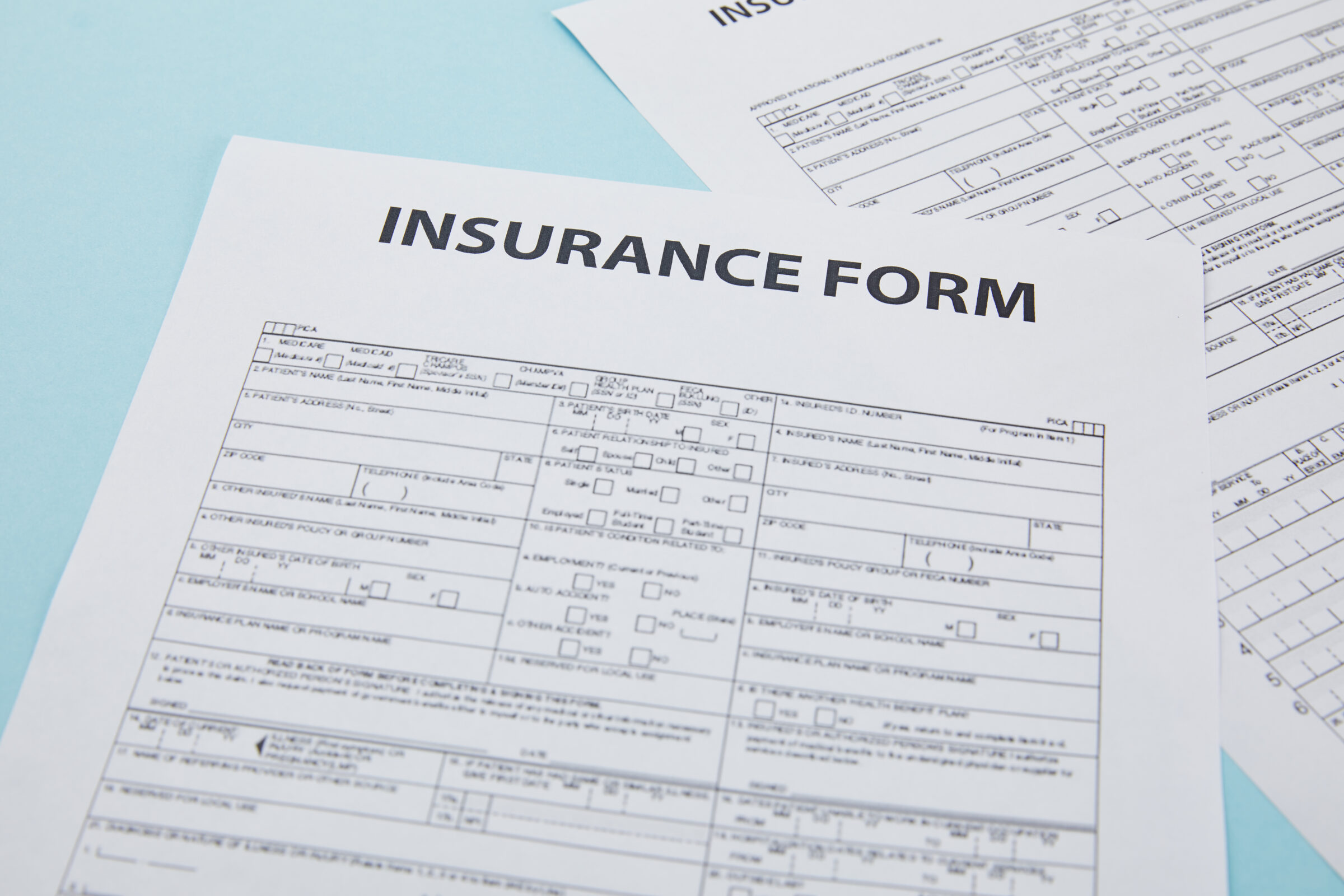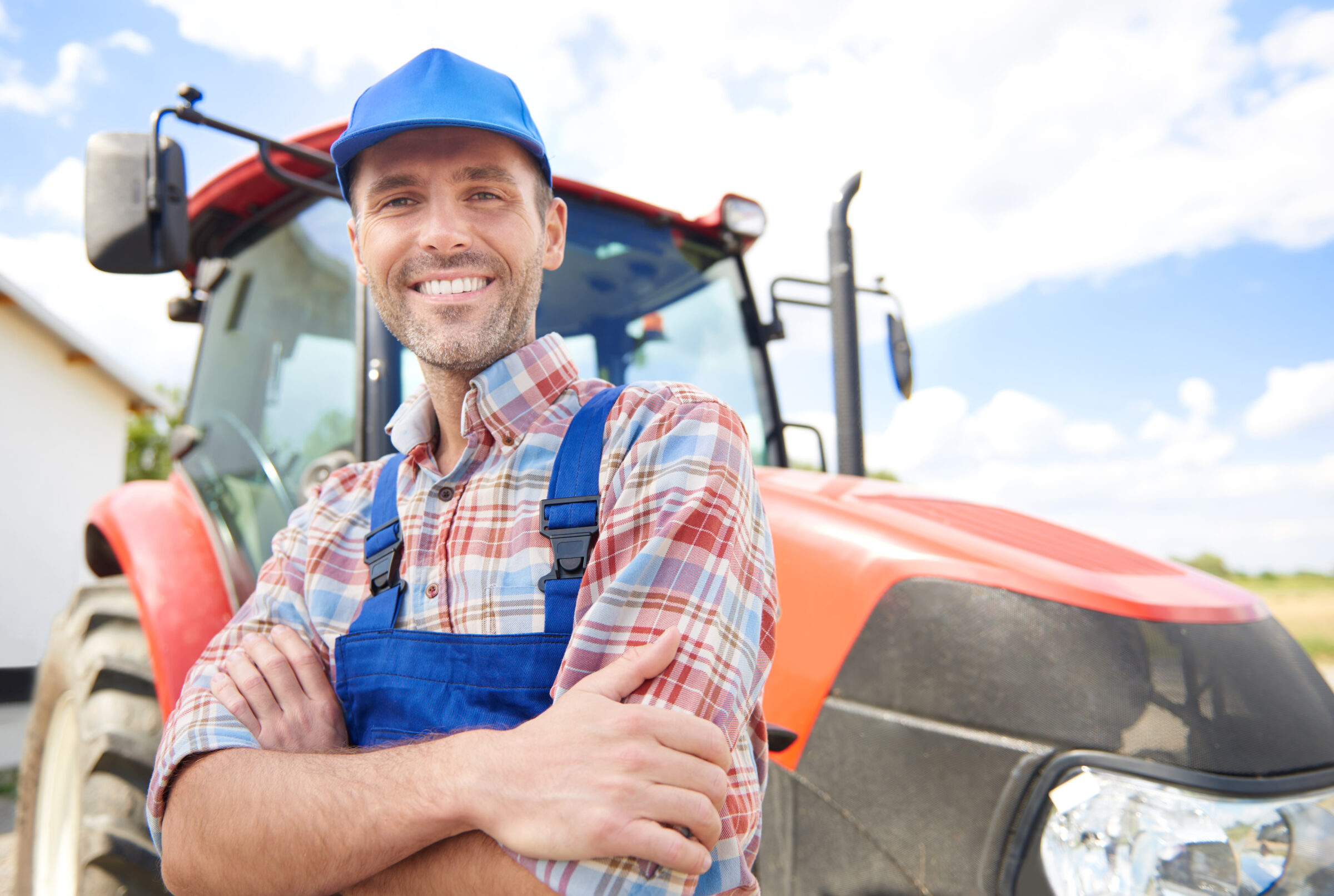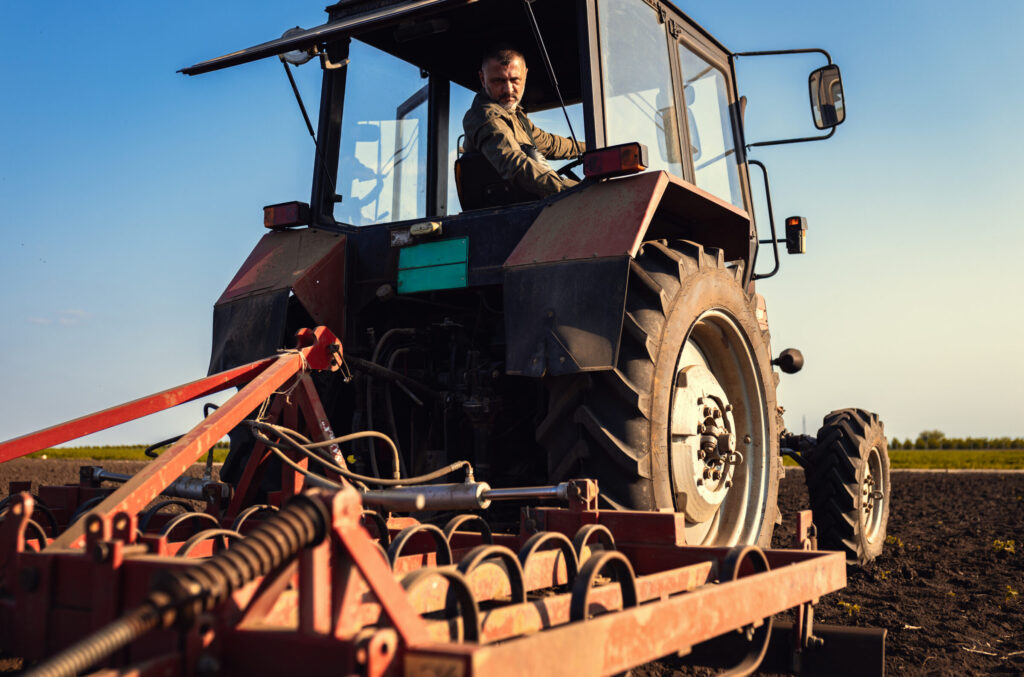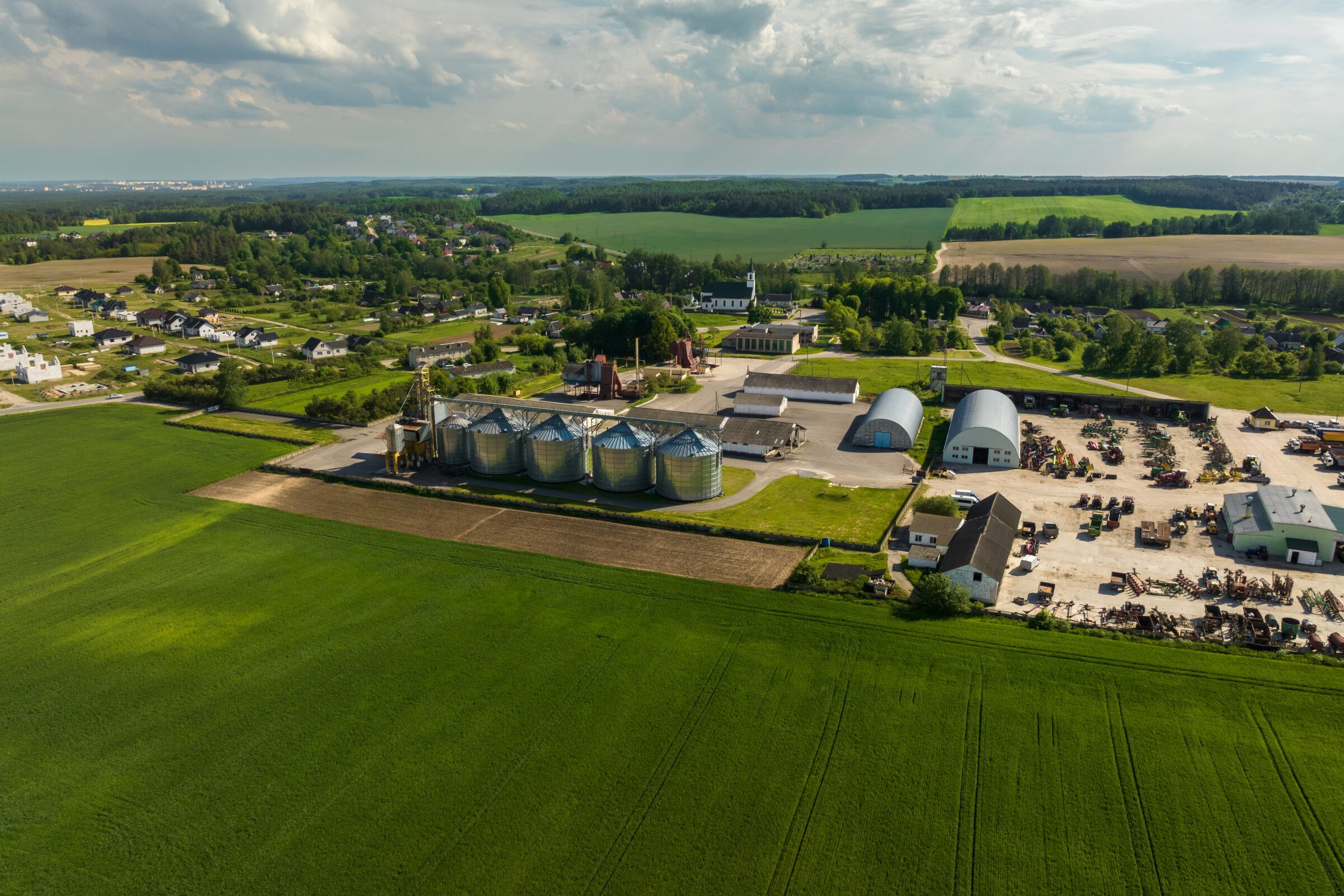When people hear “farm insurance,” they often picture large commercial operations: full-time farmers, acres of crops, or barns filled with livestock. While those types of operations certainly require specialized coverage, they are not the only ones who do.
In British Columbia, farm insurance could be just as relevant for rural homeowners, hobby farmers, and anyone using their land for small-scale agricultural activity, even if those activities are part-time or seasonal.
If you live on land and use it for more than just living, it is worth understanding where home insurance ends and farm insurance begins.

What Is Farm Insurance?
Farm insurance is designed for properties that combine personal living with agricultural activity. This may include but is not limited to, growing vegetables, raising animals, using farming equipment, or selling goods from your land.
Unlike standard home insurance, farm insurance protects your residence and the farm-related parts of your property. Common assets typically requiring coverage include barns, tools, produce, and potential income.
Policies are customized to reflect how your land is used and what needs protection.
Why It’s Important
Many property owners assume their home insurance is good enough. However, once farming activity is introduced, your risk changes and gaps in coverage can appear.
Farm insurance is designed to bridge that gap.
Farm coverage ensures that one policy tailored to your needs addresses your property, livelihood, and liability risks. Whether you earn income or maintain land with farming infrastructure, having the right coverage in place is critical.

Who Should Consider Farm Insurance?
Many people in BC operate what might be considered a “farm” without realizing it. You don’t have to be a full-time producer to require the proper protection.
Here are a few common examples to consider:
1. Hobby or Part-Time Farmers
If you raise chickens, keep bees, grow vegetables, or sell eggs, even on a small scale, your activities may fall outside the scope of a standard homeowners policy.
2. Rural Property Owners
Acreage properties often include barns, sheds, or outbuildings that aren’t automatically covered. If these structures hold tools, feed, or machinery, they should be reviewed within a farm policy framework.
3. Landowners Leasing to Others
If you allow another individual or business to use your land for agricultural activity, your insurance should reflect that arrangement, especially in the event of property damage or liability.
4. Farm Gate or U-Pick Operations
If the public is visiting your land to purchase goods or participate in seasonal events, you may face increased liability exposure that requires dedicated coverage.
5. Retired or Semi-Retired Farmers
Even if you’re no longer actively farming, maintaining equipment or storing materials on-site may still warrant farm-level protection.

What Does Farm Insurance Typically Cover?
While each policy is customized to fit the specific needs of the property, farm insurance typically includes coverage for:
- Your primary residence (dwelling and contents)
- Detached buildings such as barns, shops, and greenhouses
- Farm equipment and tools used for agricultural purposes
- Livestock and harvested produce, if declared
- Liability protection, including for visitors or volunteers on-site
- Loss of income, where farming generates revenue
- Optional coverages such as pollution liability, offsite market activity, or leased land use
It is important to note that not all coverage is automatic. If you generate revenue, host events, or share land with others, you should discuss those details with your broker to ensure they are properly reflected in your policy.
Common Misunderstandings
The most common issue is assuming, “I’m probably covered.” That assumption can leave you exposed if:
- You have outbuildings not listed on your current policy
- You sell products, even occasionally, from your land
- You allow volunteers or guests to help with farm tasks
- You lease land or share the property with others
- You store older equipment or livestock without active use
Even if these seem minor, they can affect how a claim is handled if they’re not disclosed.

Let’s Make Sure You’re Covered
Farm insurance is flexible but only works when tailored to your setup. Whether you’re actively farming or simply maintaining a property with a few animals, having the right coverage can save you significant headaches.
If you’re unsure whether your current policy is still the right fit or whether farm insurance makes sense, we’re here to help. We’ll walk through your setup and make sure your coverage matches your needs.
Reach out anytime to start the conversation.

